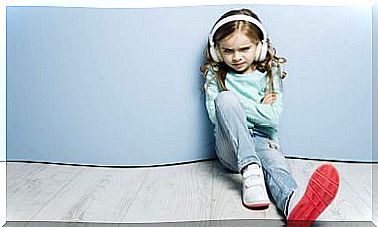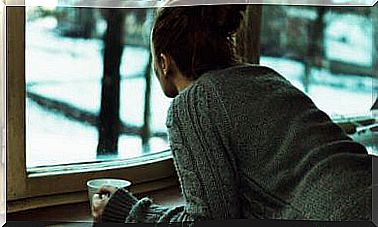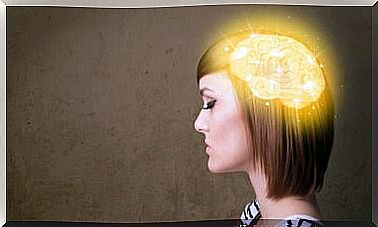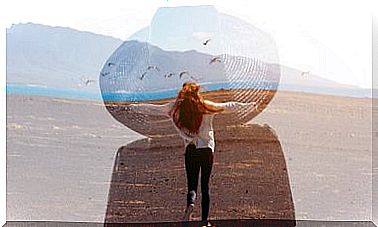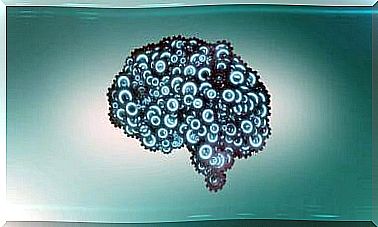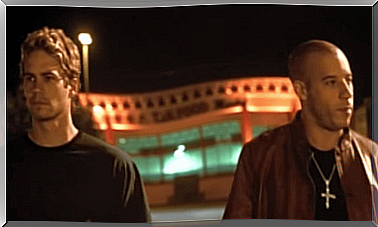Your Way Of Thinking Defines Your Feelings
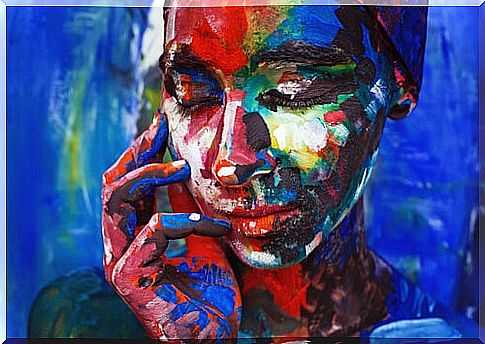
We are thinking and sentient beings.
Our way of thinking determines what we feel and, as a result of what it provokes us, we take what we think as proof of truth. This is an incredible ability, but it can also play tricks on us.
What was the thought, the emotion or the feeling before?
To answer this question, we must first briefly define three concepts:
- Thought: Ability that people have to form ideas and representations of reality in their mind.
- Emotion: They are psychophysiological, biological and mental state expressions.
- Feeling: State of mind or emotional disposition towards a thing, a fact or a person.
The line that separates our ability to think and feel is thin, in which emotion is halfway between them.
In our day to day and due to the use we make of our language, on many occasions we use these three concepts as if they were synonymous, but the truth is that thinking, getting excited and feeling are very different things.
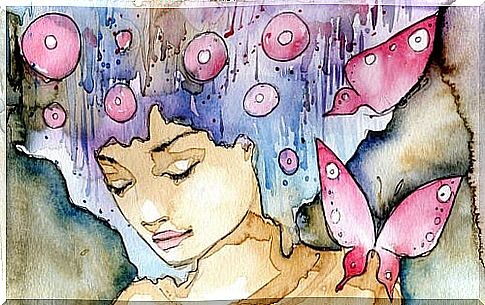
We are rational beings. This does not imply that emotions and feelings are alien and do not intervene in our personality, our way of interpreting the world, making decisions and the way we fix our ideas.
We pay attention to our emotions and it is a human capacity that we should not take away from our lives. Reason without emotion or feeling is meaningless.
Feelings last longer than emotions, but emotions are more intense than feelings
Learning how that relationship works in us is essential to promote our emotional intelligence, our way of relating to ourselves and to others and, ultimately, to improve our mental health.
Emotion is associated with personality and with people’s motivation. Emotions are shorter than feelings and are what motivate us to act. They are more intense than feelings, but they last less.
The feeling comes from the verb “feel” and refers to an affective state of mind, usually of long duration, that appears in the subject as a product of emotions. Feelings are the result of emotions.
Let’s see an example:
-I’m practicing Yoga. It is an activity that I like and that makes me feel good. We have been practicing for a while and it has been a learning process in which I have had better days and worse days.
The truth is that, objectively, my performance in the activity has been improving at a good rate, I am able to perform positions that at first seemed impossible.
Yesterday I went to a class again and it was one of those days when my activity was low performance. I could not carry out postures that days ago I managed to do without problem and that seemed to have been fixed in my knowledge and in my activity as a Yoga apprentice.
My thought said: “I’m a mess, this is not for me”
My emotion transmitted to me: “I am angry with myself”
My subsequent feeling for the rest of the day was: “I feel sad, down, discouraged”
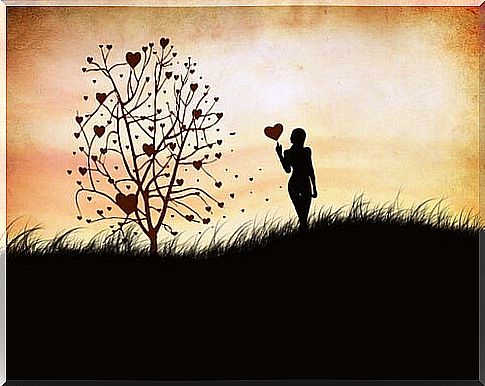
Who do I listen to?
In the previous example, it depends on how we analyze it, it will determine the idea I have about myself, the motivation to continue attending classes and my attitude in the next session.
If I think I am a disaster: does it mean that just for once that I have not been able to do the exercise I am like this? Does it mean that I am a disaster just because of a bad movement? Does not learning consist of rehearsal? and error?
If my emotion is of anger: does it mean that if I am angry with myself, what I think is more true? Does that emotion say something really true about how I am? Does feeling an emotion confirm what we think?
If at the end of the day I feel sad: does it mean that it has really been so important to me? Is everything we feel true? Is the feeling the result of what I think?
Here is the key to everything:
What can we do to improve?
When you find yourself saying “If I feel this way then it is true that …”, discover the automatic thought that accompanies the emotion you feel and ask yourself : What have I thought to feel this way? Do I have evidence to believe that this is always the case?
It is about questioning ourselves and reflecting so that from time to time we do not believe the stories that we tell ourselves.
